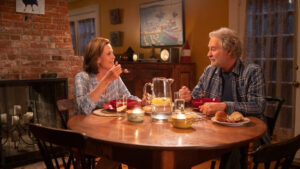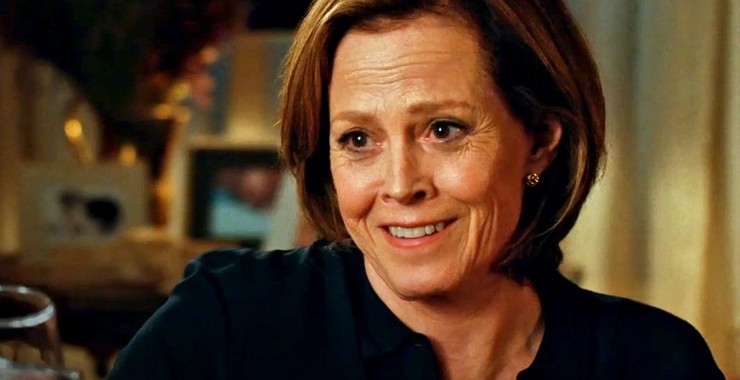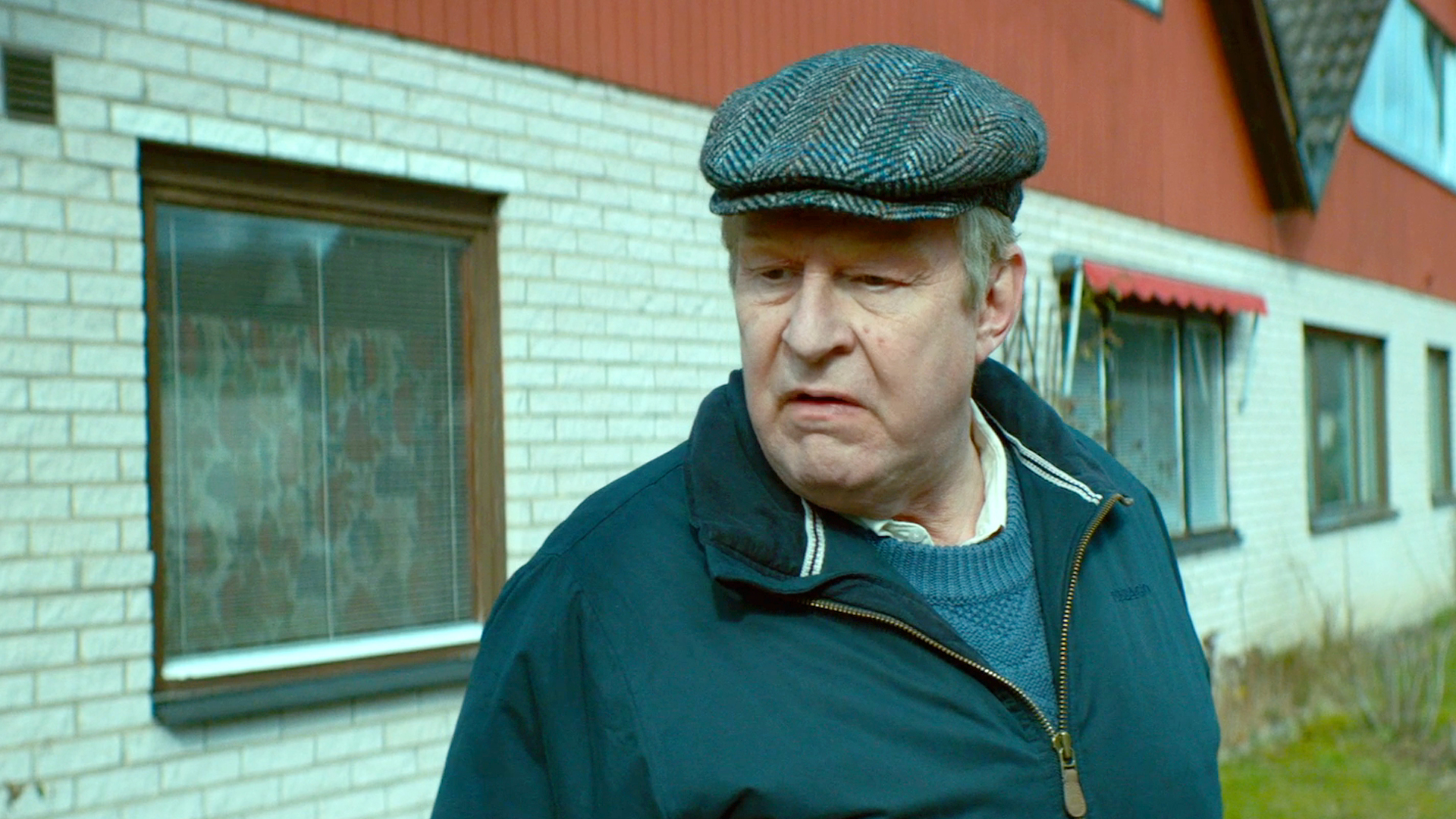This year I lost an aunt to alcoholism. The death certificate said “cardio respiratory arrest,” but the cause was alcoholism. And I’m pretty sure my aunt’s only regret during the final half year of her life was an inability to score Chardonnay from the series of hospital beds she occupied.
I’m not here to sermonize. Well … not today at least. If that’s how my aunt wanted to live, I wasn’t going to stop her, but she should have known the burden it placed on the rest of us. And with that, we get to today’s film, The Good House, about high-functioning drop-dead alcoholic, Hildy Good (Sigourney Weaver).
Obviously, this is neither an easy, nor a fun, watch.
Hildy Good used to be the #1 real estate agent in Wendover, MA, a town that screams “New England” more loudly than a Pats fan. Hildy blames a scheming understudy for her fall from grace, but it was really her own doing. The worst part is that in a bigger city, she might have gotten away with her shenanigans. The Good House seems to imply that what truly let Hildy down is the gossipy Salem witch hunt nature of Wendover. In a bigger city, her DWI and parental issues would likely have been “me” problems, not “us” problems.
The irony of all this is that while The Good House does a reasonable job of describing Hildy Good as an alcoholic – her denial, her sneaking, her lying, her justifying, her erratic behavior, her belligerence – it does a lousy job of showing the non-personal cost. Alcoholism rarely exists in a vacuum. The DWIs are a good indication of that. My aunt had her license suspended in 2014 for, you guessed it, DWI. And thank goodness, right? In the past several years when she got out of control, her living facility took the damage, not any specific person.
Basically, Hildy has discovered that her illness has cost her not only celebrity but her means as well. Without the big sales of Wendover properties, she might have to give up things she treasures, like her house an d her drunken single lifestyle. So far, she’s managed to fool friends and family that the intervention took, which I think is sadly unrealistic given who she is, where she lives, and how strong her dependency. And her loss of reputation as a result of alcoholism is, so far, only reinforcing more drinking.
d her drunken single lifestyle. So far, she’s managed to fool friends and family that the intervention took, which I think is sadly unrealistic given who she is, where she lives, and how strong her dependency. And her loss of reputation as a result of alcoholism is, so far, only reinforcing more drinking.
The Good House chose to show Hildy Good’s weakness as almost entirely self-sabotaging. I really do think this is unrealistic. I see it drives a first-person narrative well, with plenty of camera-only asides and a narcissistic persecution complex, but in reality, alcoholics tend to alienate those who disapprove of their habits and attract those who have the same habits. This is personal observation only; I’m no social scientist, but I think it’s true and I wish the film had shown a true rock bottom of sorts for Hildy not unlike that of Nicolas Cage in Leaving Las Vegas. As is, we’re left with a quasi-delusional portrait of a semi-delusional alcoholic. It’s a good starter movie for those exploring the sin of temptation.
Editor’s note: Kevin Kline plays opposite Sigourney Weaver, again, reminding me of one of my favorite films, Dave. And, of course, I’d now rather be watching Dave. And once again, Kevin Kline has found a semi-serious small scale heart emoji picture with House in the title (Life as a House). And, of course, Id now rather be watching Dave.
There once was an alcoholic Sadie
Who pretended her actions weren’t shady
I see craft in your art
Miss, you’ve mastered this part
But I liked you better as the First Lady
Rated R, 104 Minutes
Director: Maya Forbes, Wallace Wolodarsky
Writer: Thomas Bezucha, Maya Forbes, Wallace Wollodarsky
Genre: Pretty sure it’s one of the deadly sins. And if not, it should be
Type of being most likely to enjoy this film: People learning about what alcoholism is
Type of being least likely to enjoy this film: Alcoholics



